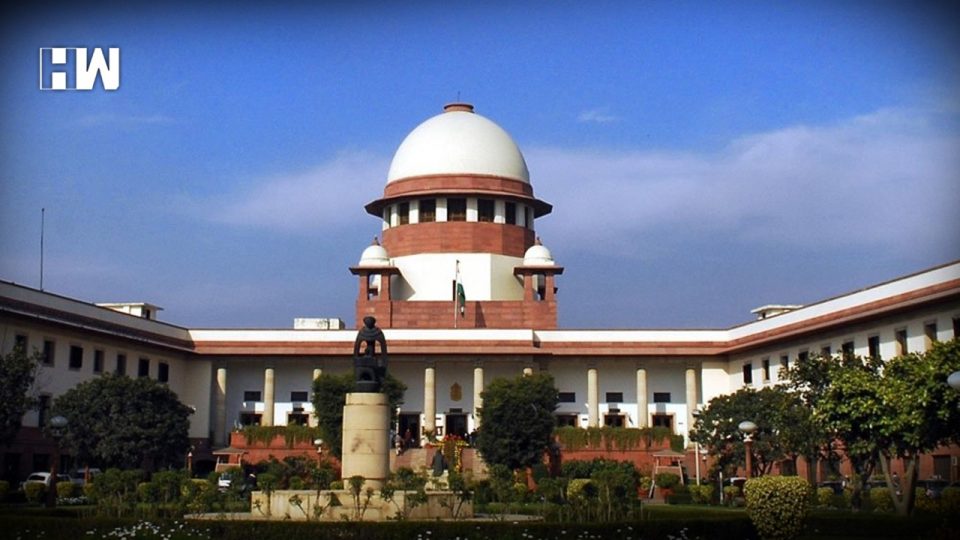New Delhi : In an important judgement the Supreme Court stated that courts cannot force for DNA test in case of property disputes. According to reports they said this regarding inheritance tussle. As crystallizing inheritance rights creates a possibility of stigmatizing a person as a “bastard” and violating his right to privacy, which is part of right to live.
Three daughters of a Himachal Pradesh couple requested a trial court, for a DNA test where their brother had filed a suit for a declaration that he was the only recipient of parent’s properties. They want to prove that their brother was not the biological son of their parents, which disentitles him from taking their parents property. The man refused to undergo a DNA test. The trial court dismissed the application saying he can’t be forced to undergo the blood test. But, the HC reversed the decision and asked the man to take a DNA test
On appeal, a bench of Justices R S Reddy and Hrishikesh Roy said. “In a case like the present the court’s decision should be rendered only after balancing the interests of the parties that is the quest for truth, and the social and cultural implications involved therein. The possibility of stigmatizing a person as a bastard, the ignominy that attaches to an adult who, in the mature years of his life is shown to be not the biological son of his parents may not only be a heavy cross to bear but would also intrude upon his right of privacy.”
Referring to the nine-judge bench decision in KS Puttaswamy case that had given right to privacy the status of a fundamental right being part of right to life, the bench said, “When the plaintiff is unwilling to subject himself to the DNA test, forcing him to undergo one would impinge on his personal liberty and his right to privacy.”
Writing the judgment, Justice Roy said DNA is unique to an individual (barring twins) and can be used to identify a person’s identity, trace familial linkages or even reveal sensitive health information. He said, “Whether a person can be compelled to provide a DNA sample can also be answered considering the test of proportionality laid down in the unanimous decision of this court in KS Puttaswamy case, wherein the right to privacy has been declared a constitutionally protected right.”
Referring to the dispute in hand, the bench said, “In such a kind of litigation, where the interest will have to be balanced and the test of eminent need is not satisfied, our considered opinion is that the protection of the right to privacy of the plaintiff should take precedence.
The SC said the plaintiff, without subjecting himself to a DNA test, is entitled to establish his right over the property in question, through other material evidence.
As an independent media platform, we do not take advertisements from governments and corporate houses. It is you, our readers, who have supported us on our journey to do honest and unbiased journalism. Please contribute, so that we can continue to do the same in future.

